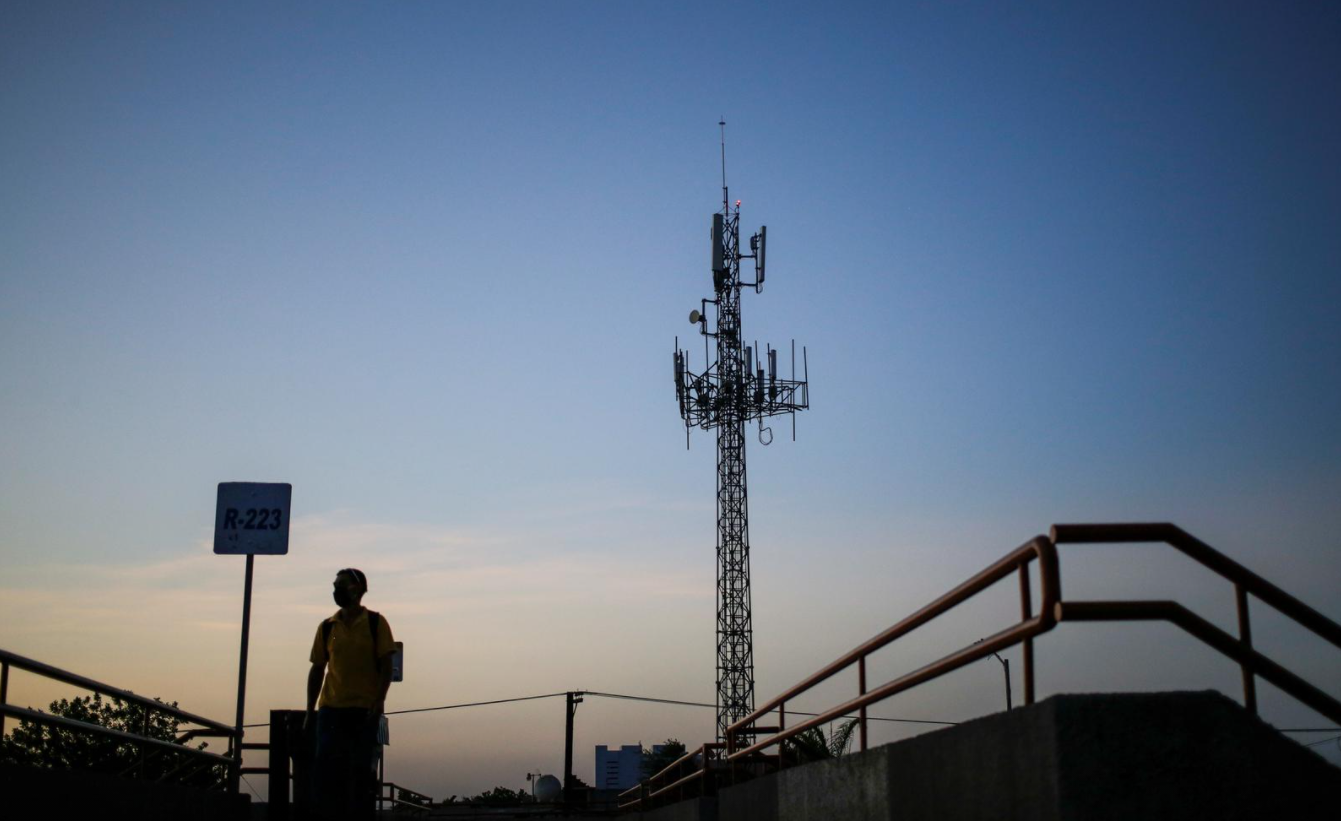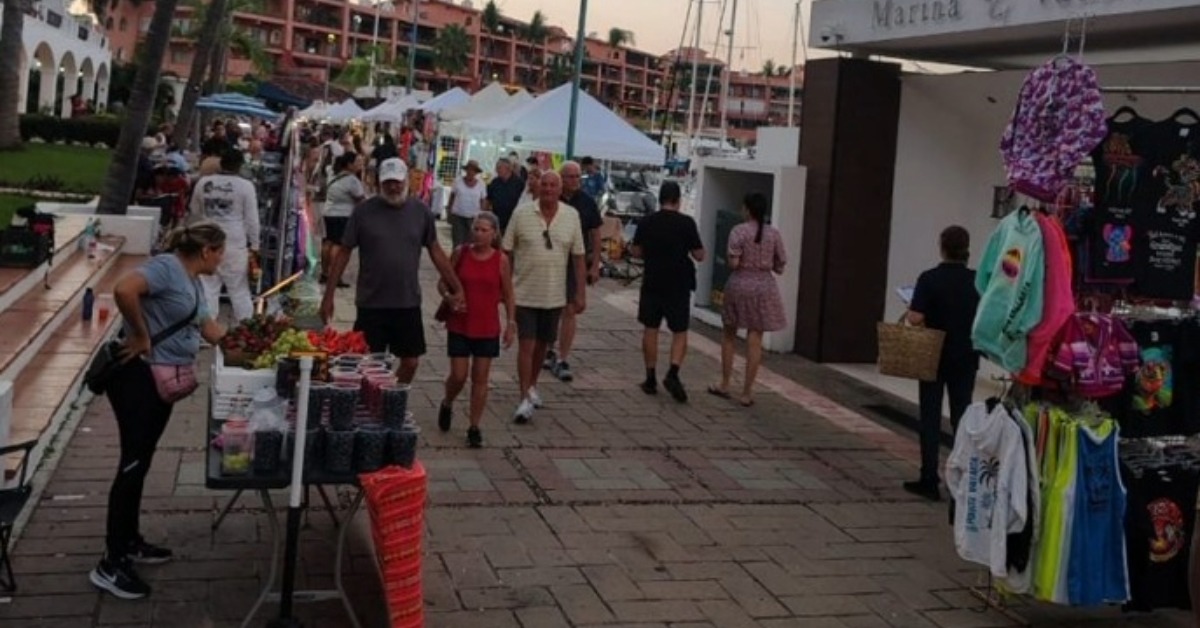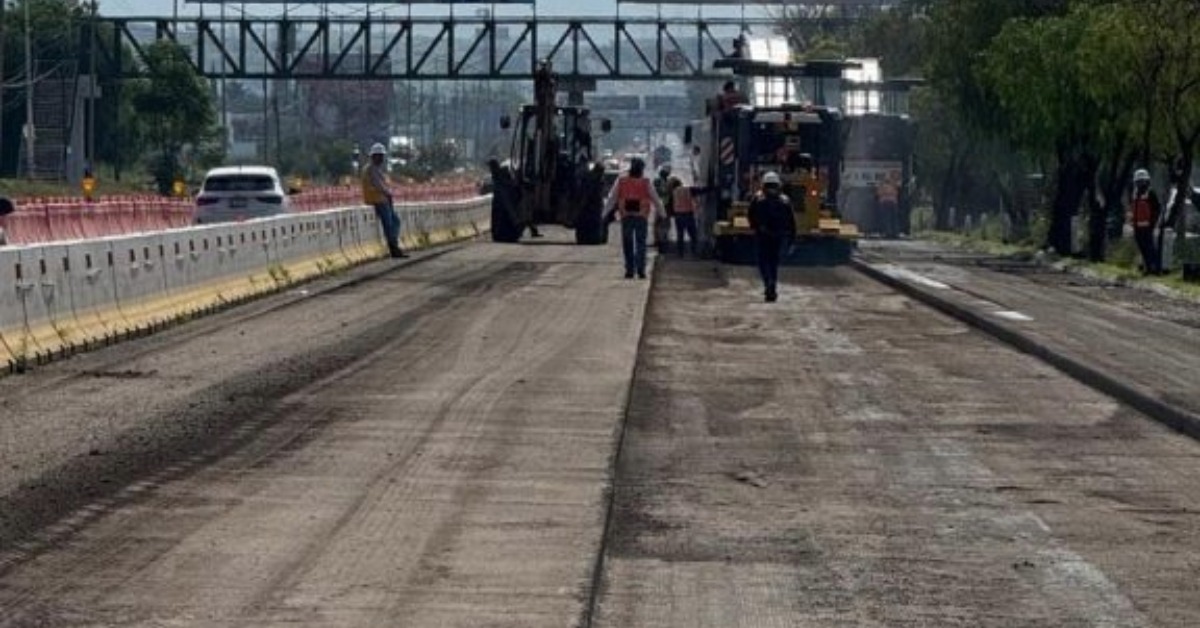A plan by Mexican lawmakers to put millions of cell phone users’ data in a biometric registry, billed as a tool to fight kidnapping and extortion, has sparked a backlash from telecoms companies and rights groups who warn it could lead to stolen data and higher costs.
Already approved in the lower house of Congress, the reform is in line with President Andres Manuel Lopez Obrador’s vow to counter crime using intelligence methods rather than force, but critics say it reveals the pitfalls of governments seeking to gather more citizen data for law enforcement purposes.
Read Full Story





